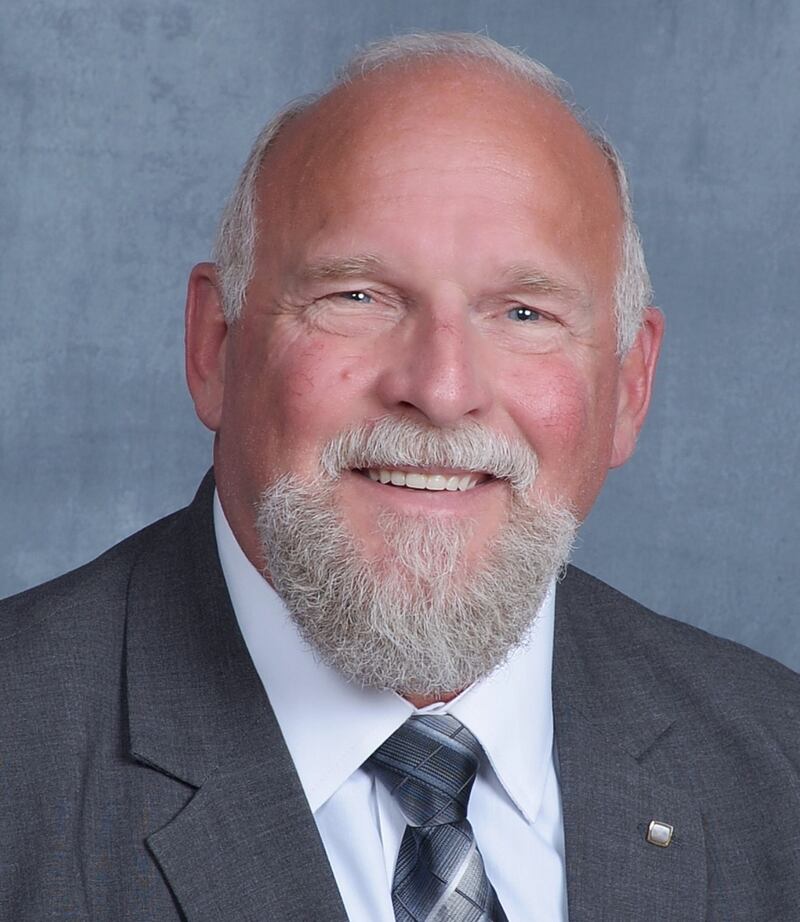Every day, while listening to the news, we hear of conflicts occurring in different parts of the world. And sometimes, we get drawn into a conflict that we do not want to be drawn into.
There is a conflict brewing in Springfield, and many in the Sauk Valley region do not want to be involved, but we may not have a choice – not when our state legislators are the ones starting the conflict.
Springfield wants to start a war with the townships in our home state.
During this spring’s legislative session, bills calling for the consolidation or elimination of townships were filed. They are working their way through committees and will eventually be called for a vote or, hopefully, forgotten.
How did we get here? The Township Officials of Illinois website hosts a report published by a law firm specializing in municipal matters that provides a history of the war against townships in Illinois.
According to this report, townships have been challenged since becoming a form of government 155 years ago. This report also states that in the early 1990s, challenges against townships in McHenry and Rock Island counties reached a flashpoint. A referendum question to eliminate townships in McHenry County was put on the ballot in 1994, and a court ruling in Rock Island County prevented the question from being included on the ballot in 1996 due to a lack of signatures.
Oh, by the way, the referendum to eliminate townships in McHenry County failed in all 17 townships by a 3-1 margin.
Since the late 1990s, the war against townships has surfaced occasionally but has not caused much of a stir in Springfield until now. Earlier this spring, Governor Pritzker reignited the war on townships when he stated that he wanted to reduce the number of government bodies in Illinois during his budget address before the Illinois House and Senate members in Springfield.
Because of that statement, two bills are now being closely monitored in the Illinois Senate by township and county officials across the state. SB 2217 calls for the consolidation of townships with a population of less than 5,000, and SB2504 calls for the elimination of township and multi-township assessors following the end of their current term in townships with a population of less than 50,000.
SB2504 also stipulates that townships with a population of 50,000 or less could be eliminated with a mere 5% threshold for the number of voters required to bring the question to a referendum. A state senator from suburban Chicago filed both of these bills.
A conversation with a Sterling Township official revealed that if Sterling Township were eliminated, responsibility for road maintenance, public assistance, and Riverside Cemetery would be transferred to Whiteside County or a municipality.
Many of the counties and communities in the Sauk Valley region are stretching every dollar they can get to pay for what they can do now, and adding the responsibilities of townships that have been eliminated may break the bank for whoever winds up with those responsibilities.
Consolidating or eliminating townships will not save any money; it will most likely increase expenses, requiring increased property taxes and fees for services that were once a township’s responsibility.
I am told that Sterling Township has hundreds of lane miles of roadways to maintain. If eliminated, those township roads could become the responsibility of Whiteside County. That alone would be a big jump in road maintenance work and costs for Whiteside County.
Even if a township’s equipment and tax revenues are given to Whiteside County, more than money will be needed to meet every former township resident’s needs. Equipment, labor, and the associated expenses will be added to the costs of taking over those responsibilities. There are 22 townships in Whiteside County and 20 townships in Lee County; the costs that these county governments will incur from having to take over the responsibilities of these eliminated townships will be through the roof!
As of this column’s writing, SB2217 and SB2504 have not been called for a vote. The Senate is still in deliberation. AgriNews, an organization dedicated to advocating for the Illinois Agricultural industry, reports that SB2217 will not be moved forward but is cautious that SB2504 will be before the end of the legislative session in late May.
Why do elected officials who do not live in rural Illinois always want to tell those who do how to live their lives? Life would be simpler if they did not do that.
Jim Wise is a Sterling city councilman.
